The materials from which furniture is made are quite diverse. For a long time, products were made exclusively from natural wood. The stronger the wood, the more difficult it is to process, but this is fully compensated by the durability and safety of wooden products.
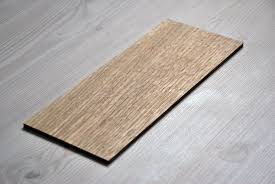
Nowadays, manufacturers increasingly use artificial materials in the creation of furniture, since they usually surpass natural materials in their performance qualities. Plastic, metal, glass and others are used mainly in the production of office chairs and cabinets, and natural materials are used in the production of furniture for living spaces. Each material has its own pros and cons.
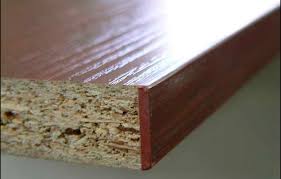
Content
chipboard
The most common and cheapest material. The remains of the woodworking industry have long been used. Sawdust and garbage are mixed with pressing or glue, and then painted with special enamels, pasted over with melamine or laminated film. It is from this material that cheap cabinet and office furniture is most often made.
Chipboard can be divided into 2 types. The second (E2) contains a large amount of formaldehyde resins, which can negatively affect human health. This type of furniture is prohibited for use in children's rooms. It is best to refrain from using E2 in living spaces altogether. E1 is considered an environmentally friendly type of material, since the proportion of epoxy resins in it is much smaller than in the previous one. Such furniture is quite acceptable to use in an apartment.
Advantages of chipboard:
- strength, impact resistance and rigidity;
- large assortment;
- low price;
- ability to hold screws and nails firmly;
- absence of irregularities, cracks and hollow spaces inside;
- ease of processing;
- increased moisture resistance.
Disadvantages of chipboard:
- toxicity;
- overly simple design and inability to work out small details.
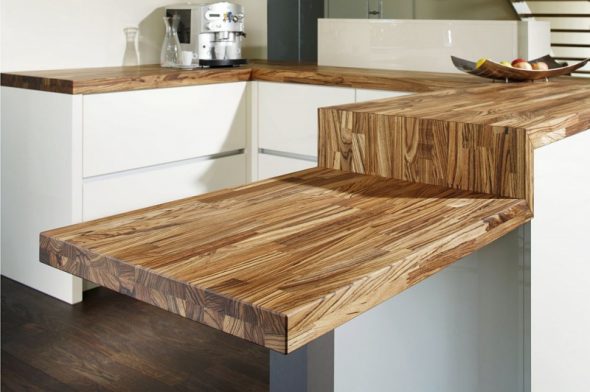
Chipboard
The same as chipboard, only in a more polished form. It differs from the standard version by the presence of a special coating. Chipboards are more water-resistant and reliable, and they are also practically non-toxic.
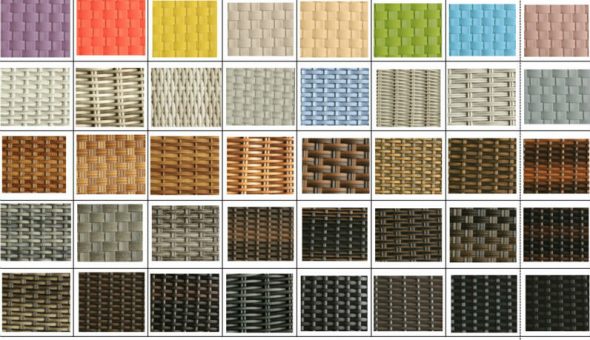
MDF
A durable tile material that is created from dried wood fibers treated with artificial binding substances. These substances are combined in the form of a carpet and subjected to grinding and pressing, then covered with melamine paper under a wood shade or veneering is performed. MDF has been produced in Russia for only a few years, previously this material was imported from other countries. It is environmentally friendly and does not emit toxic fumes. In terms of cost, MDF is significantly superior to chipboard, but has virtually no disadvantages.
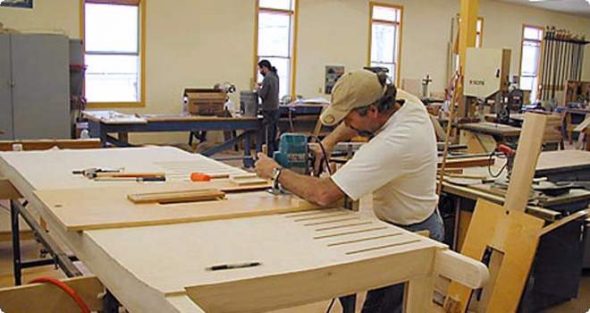
fiberboard
Most often, fiberboard is used to produce furniture components, for example, the back walls of cabinets, drawers in nightstands and sofas.
Fiberboard is a material produced by pressing many wood fibers, which are then given the appearance of a carpet. Wood chips, waste accumulated during wood processing, and firewood are used as raw materials. The biggest disadvantage of fiberboard is, perhaps, its narrow scope of application.
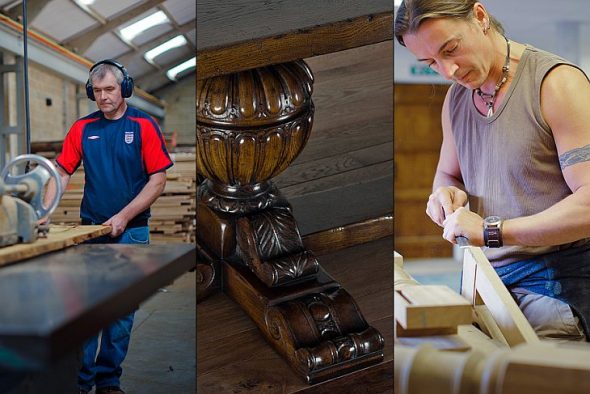
Veneer
A layer of natural wood obtained by planing wood. The thickness of the plate does not exceed 1 mm. It is used to process products made of other materials and give them the proper appearance. When veneering, wood is carefully selected by shade and texture.
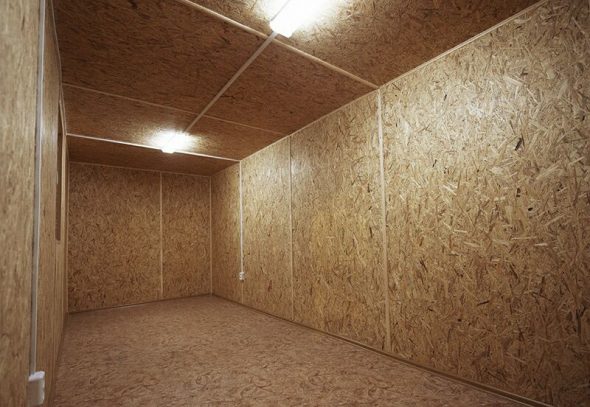
Veneering is done in the following way: plates with a beautiful structure need to be cut into a thin layer and then glued onto a standard base.
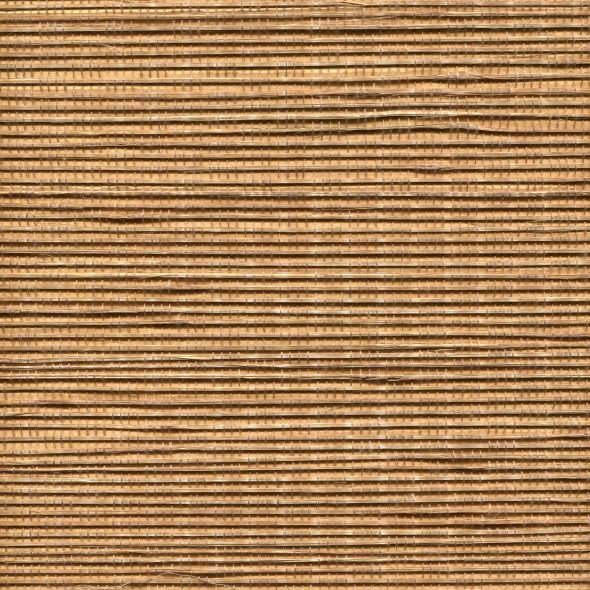
PVC
More and more often, manufacturers use polyvinyl chloride or, simply put, plastic in the manufacture of furniture. This material has many advantages: it is easy to wash, it easily tolerates temperature changes and moisture, and most importantly, it is inexpensive. In addition, PVC furniture is distinguished by its enviable durability. However, this material also has significant disadvantages: it easily ignites, and can also break from a medium-force impact. That is why PVC furniture is more appropriate to place in an office than in an apartment.
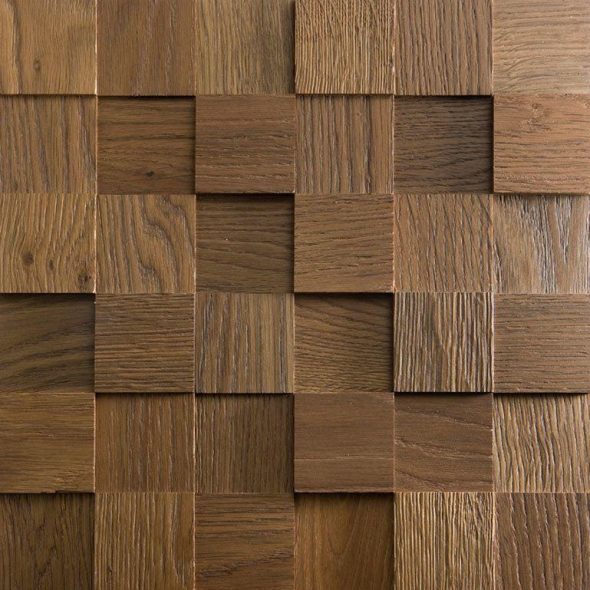
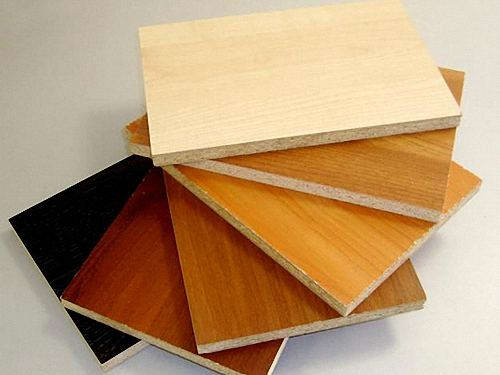
Laminate
A thin film that is used to cover some products. Laminated boards have the following advantages:
- good rigidity and density;
- resistance to damage;
- high moisture resistance;
- ability to withstand long-term loads.
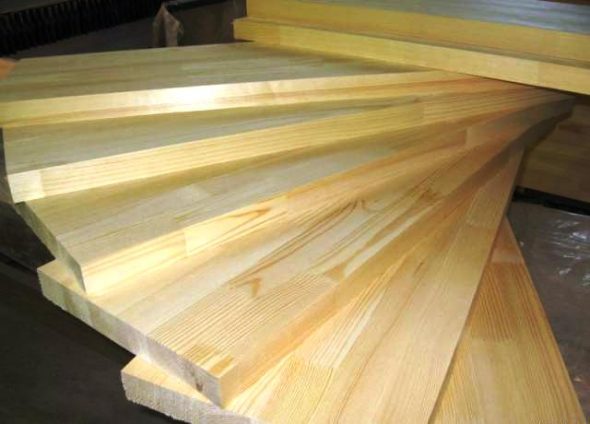
Melamine
Paper soaked in formaldehyde and melamine resin. It is used as a decorative coating for facing boards. Melamine is characterized by reliability, durability and excellent wear resistance. That is why it is often used to treat surfaces that are not suitable for heavy loads.
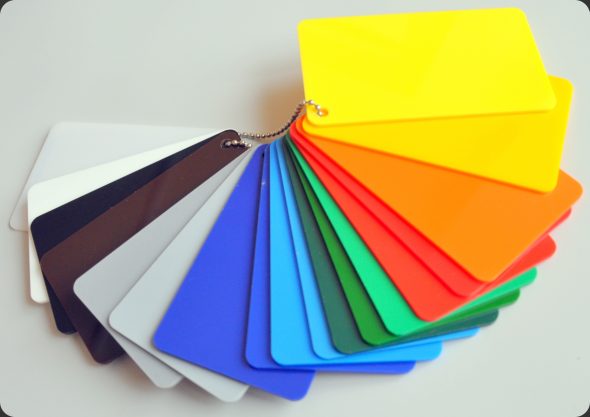
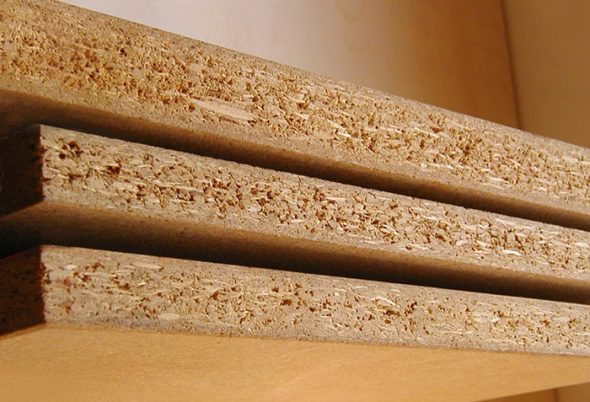
Array
One of the most expensive and environmentally friendly natural materials. It is a thick shield formed from solid wood bars, polished and varnished. The thickness of the shield varies between 2-4 cm. Most often, coniferous wood species, cherry, oak, maple, etc. are used.
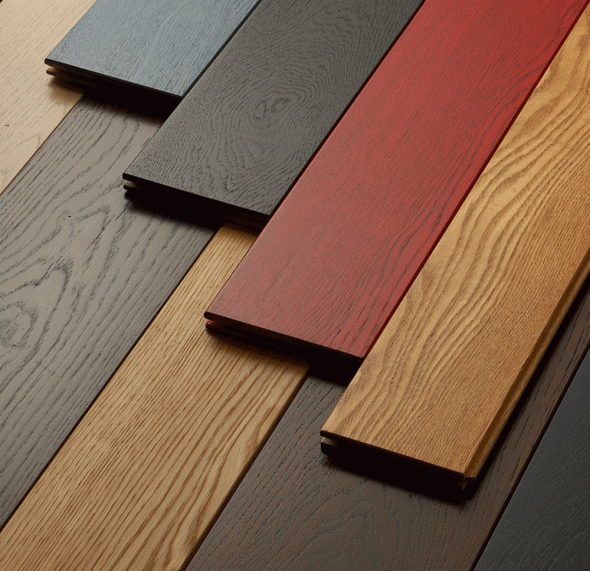
Elite furniture is made from solid wood. It usually requires proper care, since natural wood is highly sensitive to temperature changes.
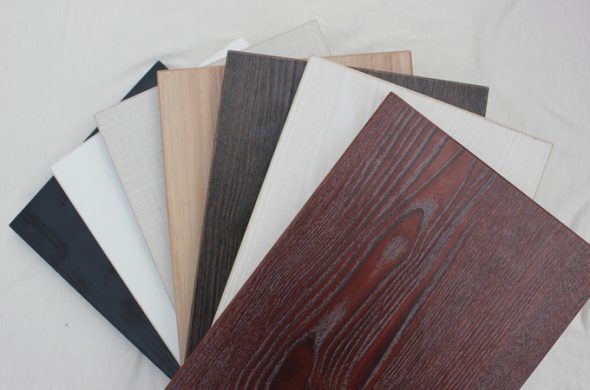
Rattan
Rattan is a tropical liana. This method of making furniture came to Europe from Asian countries. Rattan products look best in summer cottages and country houses, although such furniture is increasingly found in apartments. It weighs little, does not take up much space, is quite elegant and beautiful. However, only wealthy people can afford rattan furniture.
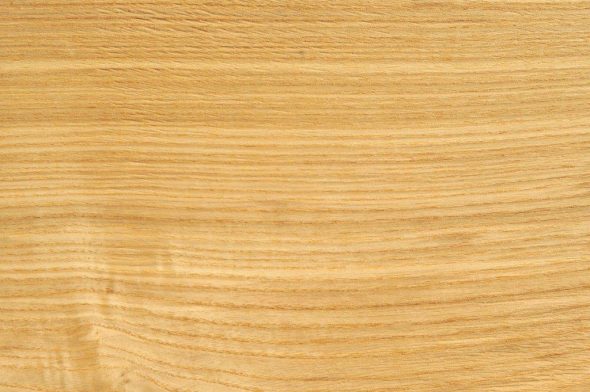
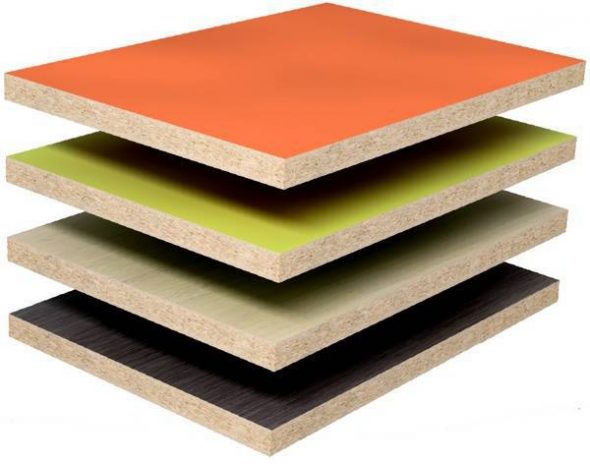
Glass and metal
Such furniture is used mainly by fans of the high-tech style, which is characterized by a large number of chrome and glossy surfaces. The use of such materials expands the range of products, allowing the creation of new style trends. In the creation of tables and cabinets, such types of glass as matte, tinted, transparent, painted are often used. The main disadvantage of glass furniture is its obvious fragility.
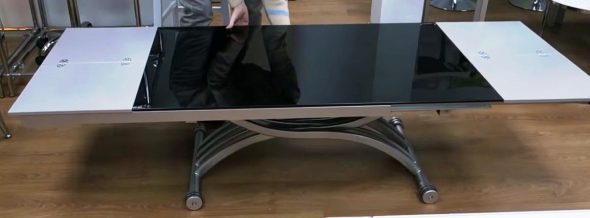
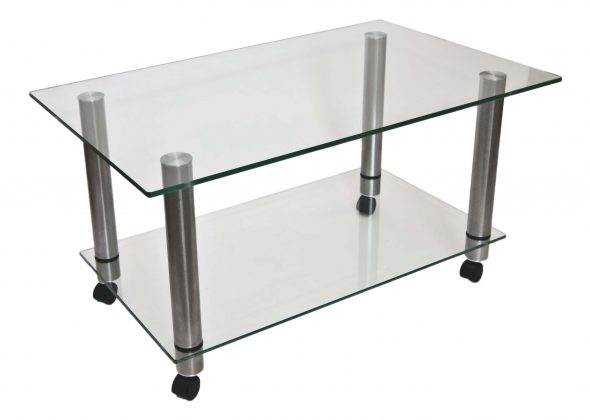
Unusual materials for creating things
What is furniture made of?, in addition to the materials listed above? Creative designers sometimes create cabinets and chairs from seemingly completely unsuitable things.
- Furniture from used materials
Belgian designer Jens Praet is known for his unusual approach to production. Praet shredded a bunch of magazines and newspapers and made cabinets, tables, benches and other items from their scraps. He obtained the specific material by mixing the scraps with resin, after which he lightly polished them.
- Lava Furniture
This idea came to the minds of Italian designers A. Trimarchi and S. Farresin, who suddenly decided to conduct a study of lava. Having collected many small and large samples of volcanic formations, they subjected them to melting, pressing, grinding and other processes. As a result, the designers received quite interesting furniture samples, which they decorated with brass and Murano glass.
- 3D printing
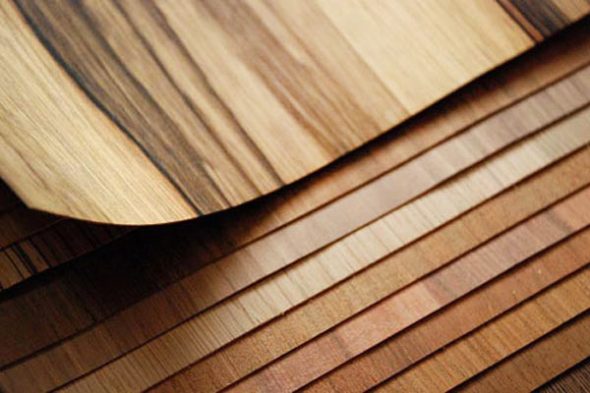
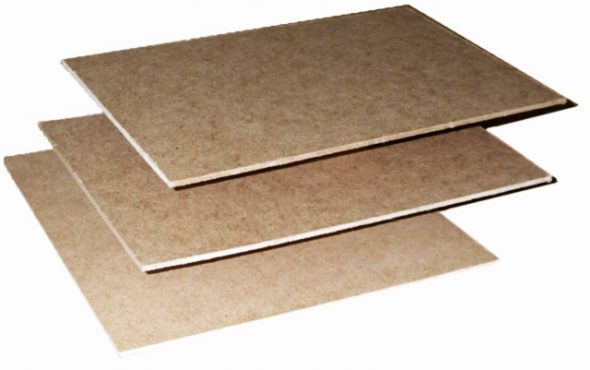
This technology is currently experiencing rapid development, covering new areas. S. Lovasova, a Slovak designer, has compiled an interesting collection of "doll" furniture, called "1:1". She printed enlarged copies of tiny tables, sofas and nightstands on a scanner, and then printed them out of polystyrene foam.
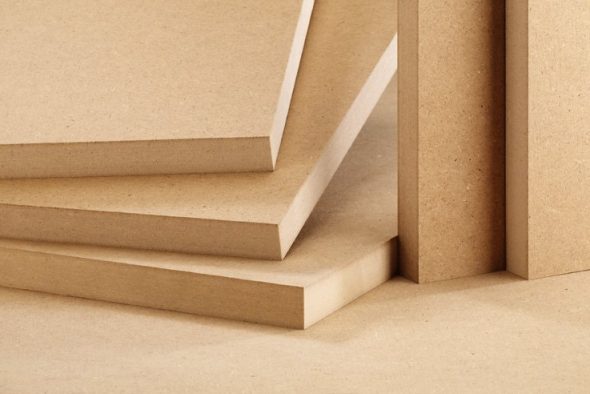
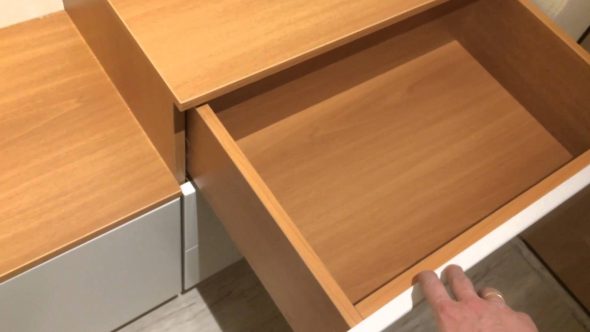
In fact, it doesn’t really matter what material your furniture is made of – natural or artificial. The first thing you really should pay attention to is the quality and price of the product. Now, having learned about all the advantages and disadvantages of various materials, you will be able to make a choice and select the best option for your home.
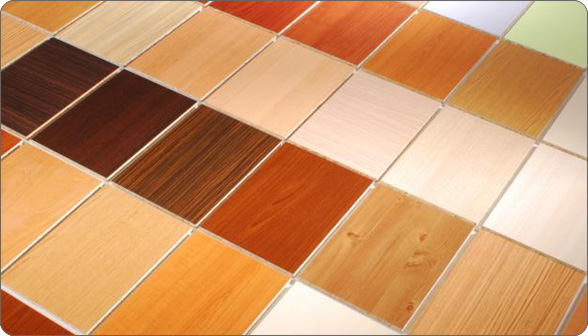
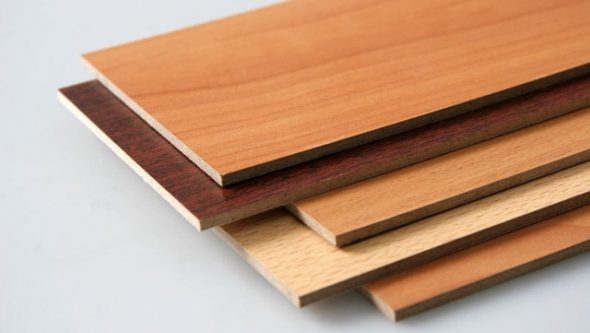

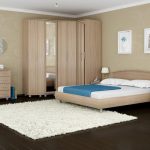
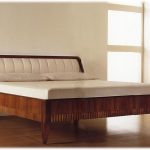
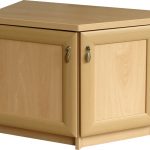
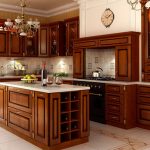
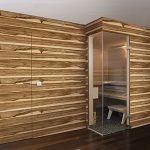
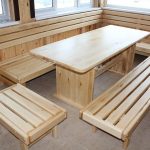
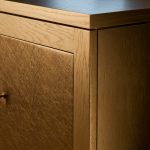
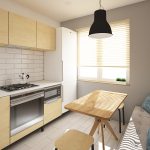
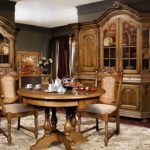
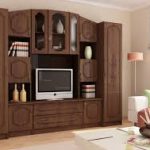
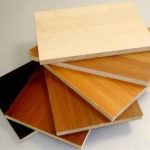
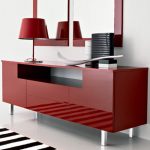
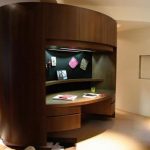
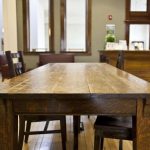
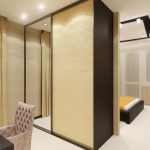
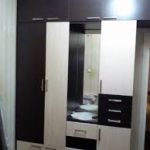
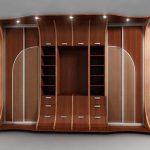
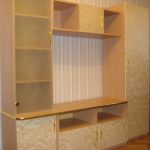
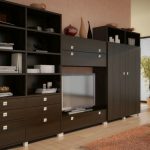
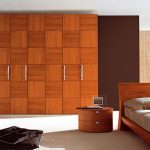
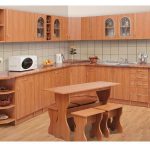
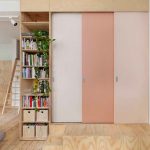
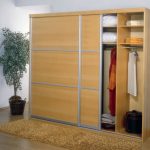
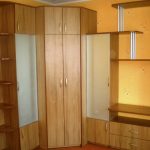
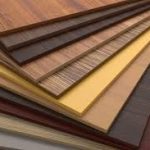
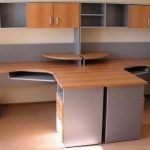
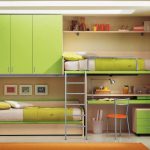
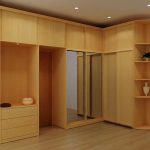
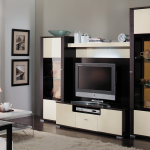
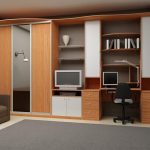
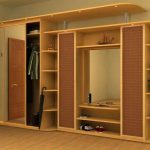
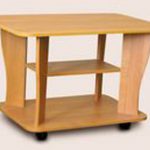
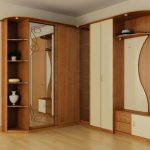
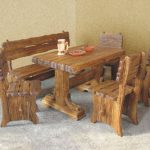
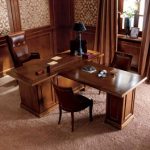
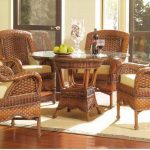
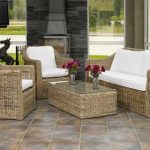
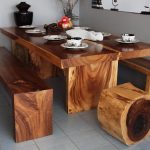
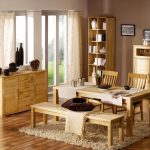
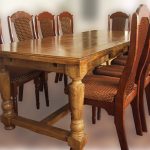
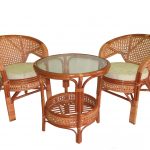
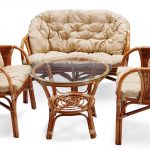
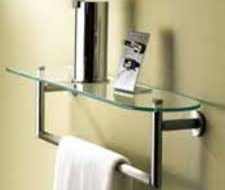
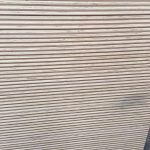
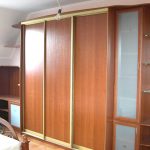
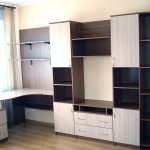
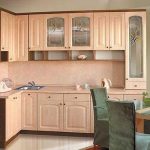
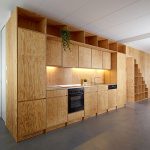
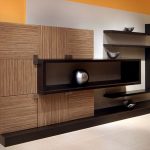
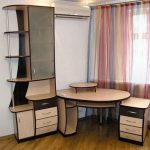
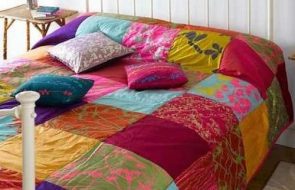
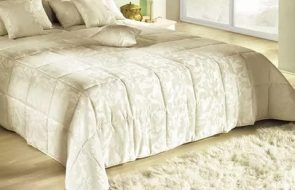
Hello, please advise on the catalogue
Hello, I have a question about an order.